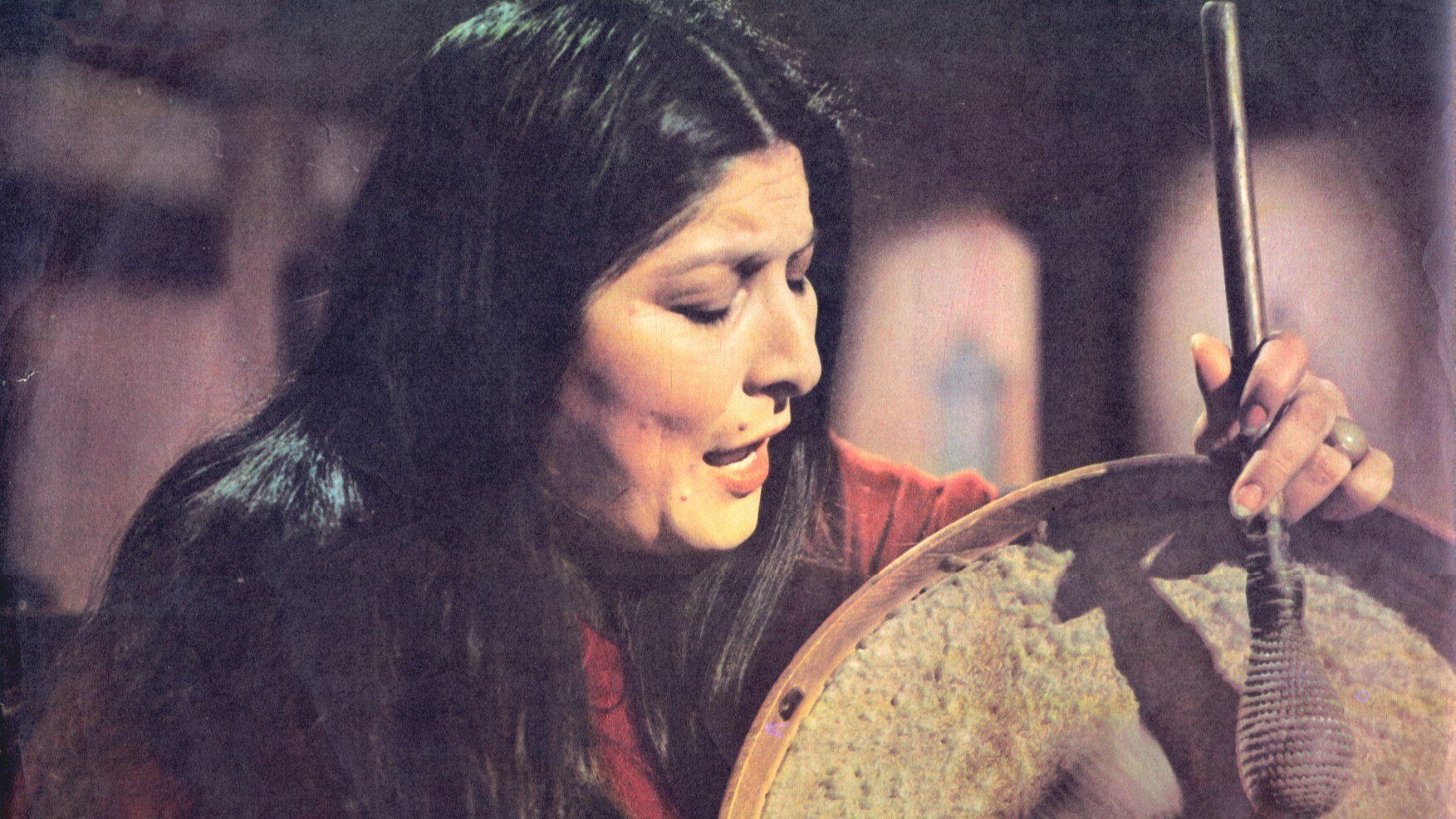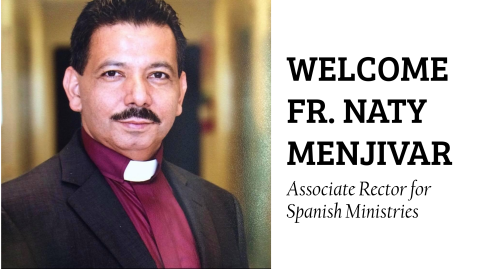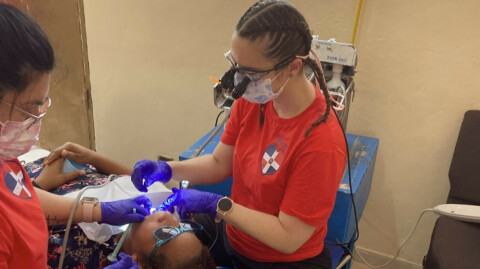TLDR: In this article I introduce you to Mercedes Sosa, an Argentinian folk singer, and I use one of her songs to reflect on the saddest anniversary we haven’t heard about. Please read on.
I grew up with the Latin American protest music of the 1970s and 1980s. There was much to protest in South America in those days: a civil war in Colombia, repressive dictatorships in Argentina and Chile, increasing poverty throughout the continent, corrupt governments everywhere, and an ever-widening gap between powerful landowners and the mostly uneducated masses. Mercedes Sosa (1935-2009, Tucuman, Argentina) was one of many great artists that made this genre popular throughout the Spanish speaking world. I have been thinking about one of her songs this week: “Solo le pido a Dios” which roughly translates to “I only ask God.” A better translation is “The Only Thing I ask God for.”
“The only thing I ask God for Is that I may not be indifferent to pain. That decaying death may not find me Empty and alone, Without having done enough. The only thing I ask God for Is that I may not be indifferent to injustice. That I may not be slapped on the other cheek, After a claw scratched me (claw = regime, government, military…) To this luck (destiny). The only thing I ask God for Is that I may not be indifferent to war. It is a big monster that stomps on (crushes) All the poor and the innocent Among the peoples. It is a big monster, That crushes forcefully All the poor innocence Of the people. The only thing I ask God for Is that I may not be indifferent to deception. If a traitor can do more damage than a few, May those few never forget it. The only thing I ask God for Is that I may not be indifferent to the future. Hopeless is the person That must leave their country To live in a different culture. The only thing I ask God for Is that I may not be indifferent to war. It is a big monster that stomps on All the poor and the innocent Among the peoples. It is a big monster, That crushes forcefully All the poor innocence Of the people.”
I struggle accepting humanity’s inhumanity to humanity, especially when that inhumanity is perpetrated by Christians against Christians. This month, the world is remembering the beginning of the Rwandan genocide (April 7, 1994 – July 15, 1994). Over the space of three months the Hutu majority violently murdered over 800,000 of their Tutsi neighbors in one of the most shocking episodes of ethnic cleansing the world has seen since the Second World War. “The genocide spread throughout the country with shocking speed and brutality, as ordinary citizens were incited by local officials and the Hutu Power government to take up arms against their neighbors.”[1] Sadly, many around the globe were indifferent to the pain and suffering of the Tutsi ethnic minority and the humanitarian crisis the genocide caused.
The genocide was a full frontal assault on whatever credibility Christianity had in Africa and around the world. The majority of the victims “were killed by the largely Christian Hutu people who were their neighbors and, in many cases, fellow parishioners. Never before have Christians killed one another in the very spaces where they had worshiped together for generations.”[2] We had seen Christians killing Christians in the bloody civil war in El Salvador in the 1980s and 1990s, where soldiers killed more than 75,000 people, many believed to be Christians as they were. This led to Archbishop Romero’s plea to Salvadorian soldiers on March 23, 1980 “to obey God’s highest order and to stop carrying out the government’s repression and violations of basic human rights.”[3] I grew up in a country where sicarios would hold their scapulars in their left hand as they assassinated others with the right hand. It was common to find the sicarios and the unsuspecting families of their victims sitting inches apart from each other at Sunday mass. Thinking about all of this violence leads me to ask several questions: How can disciples of Jesus do such atrocities to each other? How are these stories affecting our credibility with non-believers? Does Christianity have anything of value to offer the world right now? Why is our proclamation of the Gospel so ineffective at creating good people? Why is there such a gulf of separation between our religious practices and how we chose to lead our lives? What have we done with Jesus’ teachings of love of neighbor and service as the only path to leadership? How can we, at this local congregation, live our lives in obedience to our baptismal covenant?
I really have no answer for these questions, but I am holding on to the resurrected Christ and his promise that he will be with us to the end of the age. I am also turning to prayer for those around our world who are being crushed by the war monster. Please join me in praying for the victims of violence in this country and beyond.
May our Lord continue to bless you,
Fr. Roman+
[1] https://www.history.com/topics/africa/rwandan-genocide
[2] Baker, Anthony. Leaving Emmaus: A New Departure in Christian Theology. Baylor University Press, 2021, Preface.
[3] https://en.m.wikipedia.org/wiki/File:El_Salvador_killed_more_than_75.000.jpg





